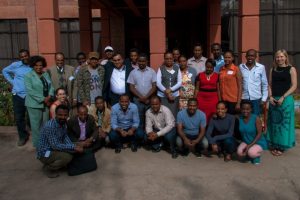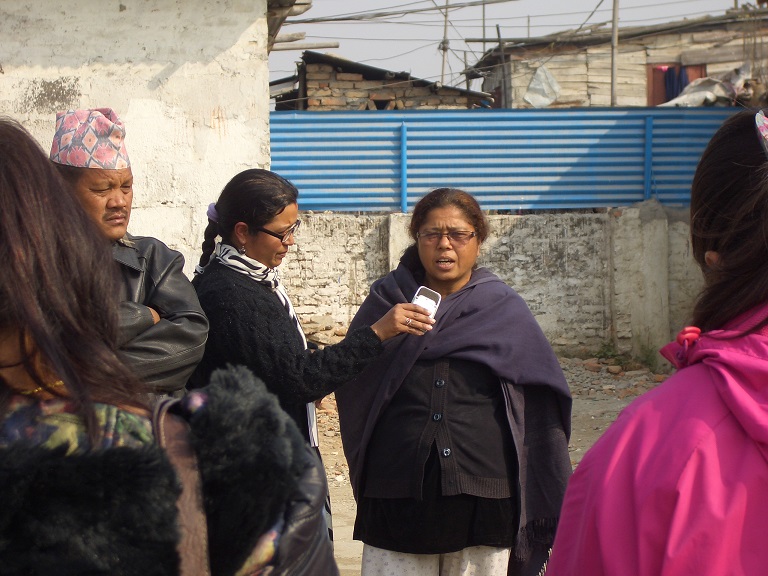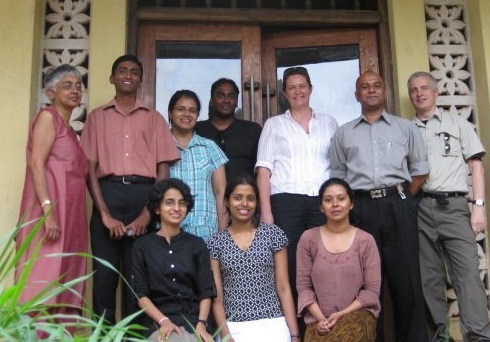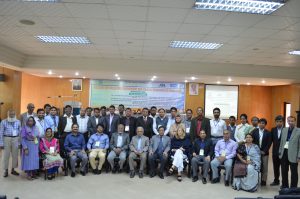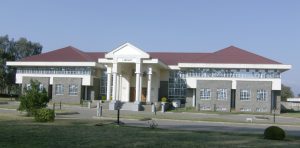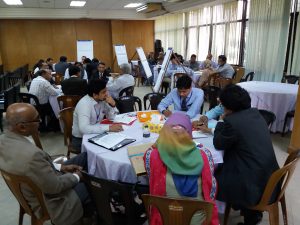What are publishers doing about global divides?
One of the speakers at next week’s Publishers for Development conference, Janet Remmington, gives a personal account of some of the work of the scholarly publisher Taylor & Francis towards addressing information needs in the global South. Our world is more connected than ever, and yet it is not. In our information age, publications and data abound, but we see global unevenness in the creation, availability, and application of knowledge resources. Open Access is importantly part of the picture, yet it is still evolving and does not come without its own challenges. Also, the very role of evidence-based findings and critical debate for addressing the problems and opportunities of our world is under threat. In the reality of our mixed economy, what are publishers doing to address information needs of the global South? In what follows, is a brief personal account of some of the work of Taylor & Francis.

